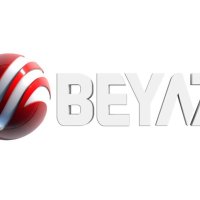US Local News Swamped by ‘Pink Slime’ as Political Influence Ramps Up
Microsoft and Quantinuum have made significant strides in the field of quantum computing, claiming to have ushered in the next era of this groundbreaking technology. With their latest breakthroughs and advancements, they are poised to revolutionize the world of computing as we know it. Quantum computing has long been anticipated as the next frontier in computational power, promising exponential leaps in processing capabilities and the ability to solve complex problems that are currently beyond the reach of classical computers. By harnessing the principles of quantum mechanics, these cutting-edge systems have the potential to tackle a wide array of real-world challenges across various industries. The collaboration between Microsoft and Quantinuum signifies a major milestone in the advancement of quantum computing technology. Through their joint efforts, they aim to push the boundaries of what is possible in the realm of computation, paving the way for unprecedented levels of innovation and discovery. The latest developments in quantum computing technology from Microsoft and Quantinuum have the potential to usher in a new era of scientific and technological progress, with far-reaching implications for fields such as materials science, pharmaceuticals, finance, and cryptography. As these two industry leaders continue to push the envelope of quantum computing, the broader implications for global innovation and competitiveness are coming into sharper focus. The impact of their collaborative efforts could extend far beyond the realm of academia and research, shaping the future of computing and unlocking new frontiers of possibility. With their collective expertise and resources, Microsoft and Quantinuum are poised to propel quantum computing into the mainstream, setting the stage for transformative advancements in the years to come.
Comment
Popular Posts
- 1
- 2
- 3
- 4
- 51 year ago
Latest Posts
- 1
- 214 minute ago
- 3
- 4
- 5
Categories
- World 13199 Post
- Knitting 18 Post
- General 17 Post
- Travel 183 Post
- Technology 12248 Post
- Movies and Series 14098 Post














There are no comments yet.